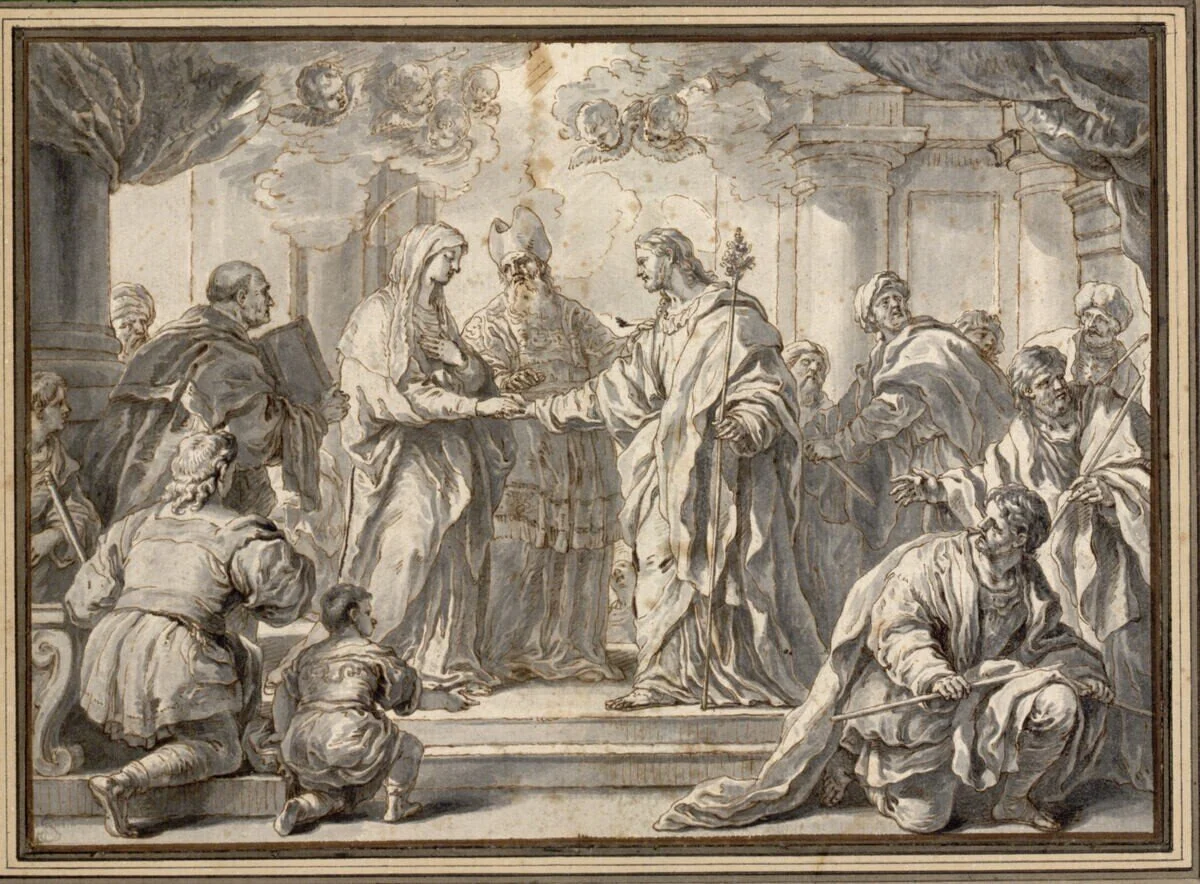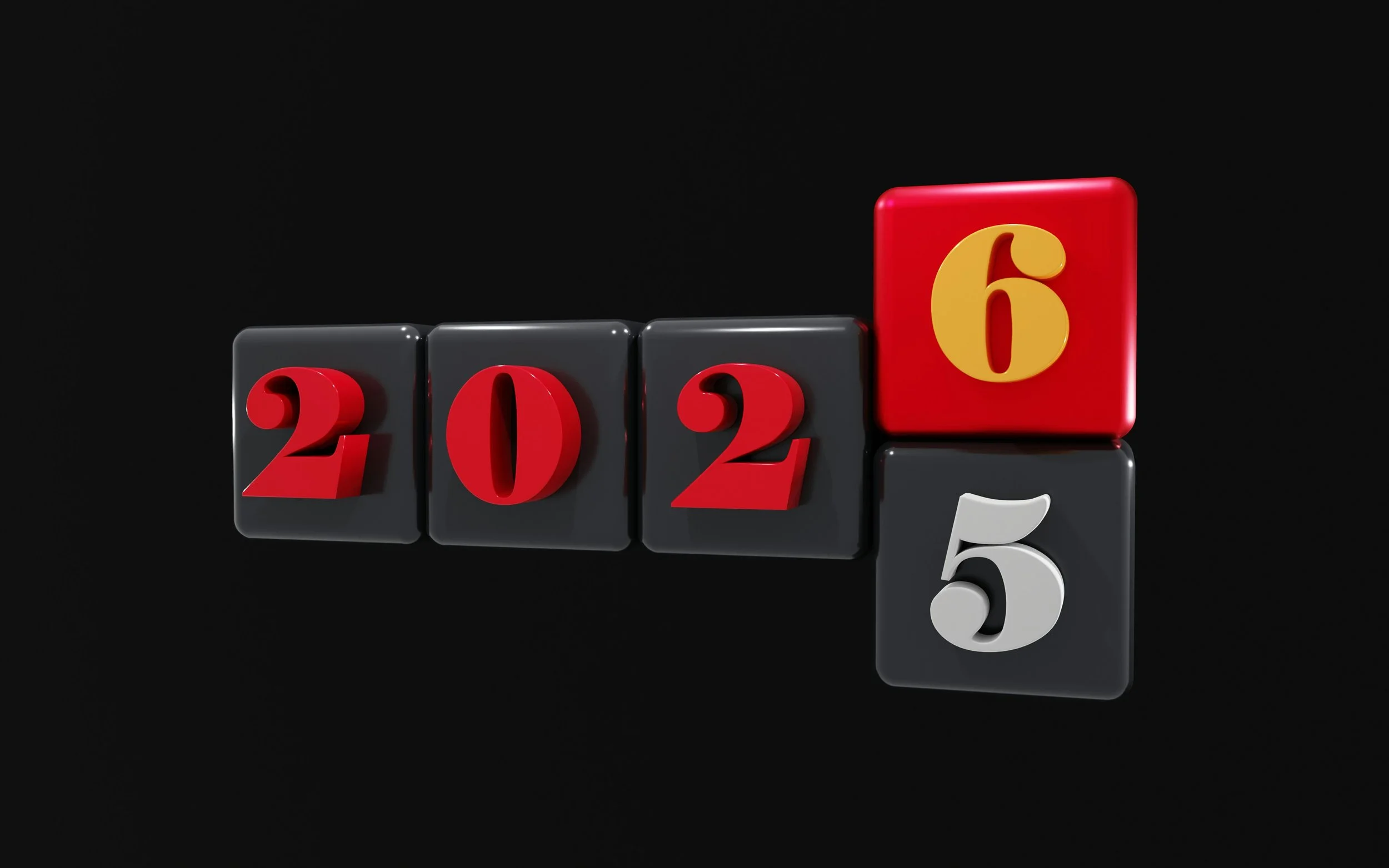
Life-Giving Wounds Blog
Poetry | Art | Music | Blog Search Index
Welcome to the Life-Giving Wounds blog!
Our blog annually releases 30+ posts. We already feature 170+ posts from 60+ authors, who are adult children of divorce themselves, experts in psychology or healing, or both, writing from the Catholic perspective as an expression of their journey of faith and healing. We invite you to browse our library or, if you’re looking for something specific, hop over to our index page where you can find a complete list of categories, tags, and authors. The index also has a search function and a complete list of blog posts arranged chronologically.
Want to get the latest blog post in your email inbox? Sign up for our newsletter (and choose "blog posts" from among the newsletter options) and you will automatically get it.
P.S. Want to write for us? Drop us a line!
FEATURED
LATEST BLOGS
2025 Highlights and 2026 Dreams
As we greet another year, we give thanks to God for all of his blessings in 2025 and look forward to the gift of another year to serve the Lord and help bring healing to adult children of divorce.
Here is a short recap of some of the best highlights of 2025, and some goals and dreams for what is ahead in 2026:
The Room of My Father’s House
Every time I would go back to that house...I would silently walk into my old closet. I would spend some time there staring at all of my clothes which seemed to shrink as the years passed. ...At some point, however, it became glaringly obvious that I would never fit into those clothes again. My closet became a time capsule, a glimpse into a life that I once lived.
Divorce Disrupts The Very Being of Children Who Experience It
In a recent study put out by the Center for Economic Studies, data shows that children of divorced parents have an elevated risk of jail time, elevated risk of mortality, increased risk of teen birth, and reduced adult earnings...This study marks a milestone in our scientific community’s recognition of divorce as a trauma...and is a great piece of scientific leverage for our ministry to stand on.
The Fear in Dating and Finding Healing in Singleness as an ACOD
For adult children of divorce, a fear of dating, relationships, and the thought of marriage one day can be very real. As ACODs, we have been profoundly wounded by relationships and marriage. We saw what was meant to last instead fall apart. We were robbed of our need and right to be raised by both of our parents together in the same house, to bear an image and example to us of agape love, which is the kind of love that God has for us. The sacrament of holy matrimony is good, beautiful, and holy. Marriage and family life must follow the vows, which is God’s design and plan for marriage and family life. As children of divorce or separation, we saw distortions of the truth and something beautiful and good turned ugly and undesirable.
Institute on Religious Life’s InnerView with Dr. Jill Verschaetse
Two key things to remember in working with candidates who are children of divorce are to avoid the extremes and to discern each situation individually. Communities should neither overly fear the effects of divorce on potential members nor gloss over this fact and fail to see the lasting impact it can have (despite the possibility of the person themselves being unaware of its effects). It is often the case that the repercussions of divorce do not surface until young adulthood or the beginning of more intimate relationships. Hence, younger candidates are often able to present well if these issues have not yet manifested. Nevertheless, simply being a child of divorce should not disqualify one from a vocation to the religious life. Rather, each situation should be discerned individually with an eye to the person's understanding of the effect it has had on them personally, their prior healing work, their present manner of being in close relationships, and their openness to further healing efforts should issues arise in the future.
Forgiving My Father – A Father’s Day Reflection
When I read Lucille Clifton’s “forgiving my father” poem, I was struck with deep resonance on how profoundly I related to it. I realized that it actually ended up setting a framework for how I could track and understand my own (rocky) process of forgiving my own father. I came to a few realizations about the process of forgiveness – both from the poem and my own struggle with it. So, in honor of this year’s Father’s Day, a day when we can reflect on our perfect, all-providing Heavenly Father, but also a day when we can acknowledge the grief in how perhaps our earthly fathers fell short, I would like to share what I realized here.
Personal Vocation, Personal Healing
Upon entering religious life, I tried to hide in the coping mechanisms that had worked for me growing up, such as people-pleasing and anticipating others’ needs. I desired to please the Lord, could follow community customs and was good at serving others. Not only was I good, but was praised for my attentiveness to the needs of others and my generosity in service. As I continued further in formation, those coping mechanisms started to unravel and the truth of the pain I was in surfaced.
Jesus Makes Us Whole
I have heard divorce described as an “ontological wound,” a wound at the very core of our identity. Our parents who created us divide, and so we in turn feel divided. This is certainly strong language, but I think it puts a finger on the intimate and vulnerable wound experienced by adult children of divorce. The pain of the wound can lead us to cry out to God for healing.
What’s in a name?
From day one it seemed like my parents were divided over my name. Well at least my first name because both of them shared the same last name before marriage. Each parent wanted me to be named after their dad. As a result, one side of the family calls me David and the other Andrew. By the time I was four, this division was complete and definitive by way of their divorce. As most children of divorce, I certainly felt divided and split in two; exemplified by my two different beds, two different sets of clothes, two different sets of toys and two different first names.
The Other Side of Forgiveness
During Covid some people learned to bake bread, some planted gardens, others drank too much wine. My Covid experience was time with Father God, Jesus Christ and the Holy Spirit, fully aware that they were changing me. I became like the unrelenting child who asks too many questions. But my unrelenting was a prayer, “Heal my heart, Lord. Please heal my heart.” He did it when he knew I was ready.
Listening to Taylor Swift as an Adult Child of Divorce
I remember making an entire ritual and event when Taylor Swift released “Mine” in 2010, the single from Speak Now. I curled up on the couch and put in my earbuds, pressing play with all the pomp and circumstance a fifteen year old could muster. It was the first time Taylor was releasing a single since I fell in love with her music—but that wasn’t why I remember that moment so vividly....
The Good Divorce vs. The Great Divorce
Trevor Jimenez’s animated short "Weekends" is a striking narrative that conveys the trauma of parental divorce in such imagery. The autobiographical film tells the story of a young boy spending weekdays with his mother and weekends with his father. Although the boy seems fine on the outside, his inner turmoil is exposed through a series of dreams and struggles.
"The Soul of Shame" in my life: A book review & testimony
"The Soul of Shame: Retelling the Stories We Believe About Ourselves," by Curt Thompson, has been an important part of my healing journey. I picked up the book on the recommendation of a friend and a deep desire to dig into the pain of shame that was touching every part of my life. My heart was sore. I was on the path of recovery from habitual sin that had infiltrated my life for half a decade.
Attachment Styles and the Psalms for ACODs
If you find that you do not fit under the category of a secure attachment, know that hope abounds — attachment styles can change! Through engaging in nurturing relationships with close friends or a spouse — and especially our Lord — you can become more secure in your attachments.
Overcoming Childhood Emotional Neglect (or the Real Hope Jamie Could’ve Had)
To give you a picture of what [childhood emotional neglect] might look like in real life, here’s my own CEN story: My mom (your mother is usually your primary attachment figure) has had schizoaffective disorder since I was about six years old. She was too deep in her own mental and emotional roller-coaster to be a stable presence.
Grief, Identity, and Security
Grieving our lost identities in childhood and in our everyday lives can help us heal. At the same time if we recognize our need for security in our obsessive search for self, and realize that God is the only true source of security and steadfast love, then we will know who we are.
When Your Parents Divorce, It Sticks with You
The Catechism says that “divorce brings grave harm . . . to children traumatized by the separation of their parents and often torn between them” (2385). Traumatized is not a word to employ lightly, and its usage indicates the Church’s acknowledgment that divorce has deep and long-lasting effects on children that deserve attention and healing.
Unmasked
Being a very proud person, I have struggled a lot, knowing that my husband knows all about my weaknesses and failings—and yet at the same time I have a very deep desire to be totally known and loved. This poem explores this theme, while also touching on the grief of losing our fifth child at 22 weeks last year.
Book Review: "Interior Freedom" by Fr. Jacques Philippe
Jacques Philippe’s Interior Freedom is a small, simple, easy-to-read book that, like his other works, packs a powerful spiritual punch. Through this book he teaches us how to overcome our daily struggles. He examines our weaknesses from many angles, like the facets of a diamond, and shows us how our fears and rebellion against reality keep us from being truly happy.
Overcoming Pornography Addiction as an ACOD: Part Two
Porn and masturbation were supposed to be behind me. They were things from the past, when I had been a foolish teenager. Now I was a faithful Catholic studying theology on scholarship. What would people think? It's one thing to disclose a past addiction to those you love. It's another to return to admit that the past isn't even past.























